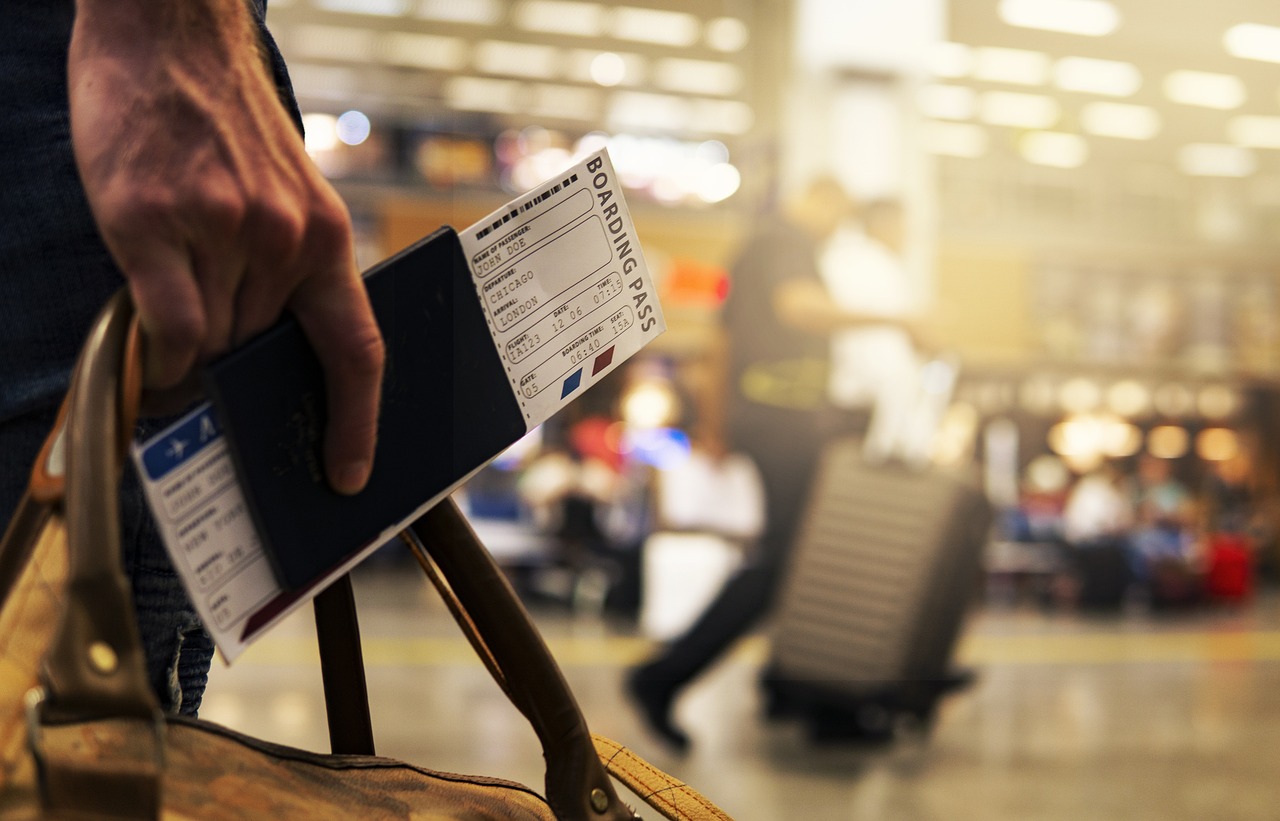In Europe, 78% of business travellers spend up to 18 days a year on the road, accounting for nearly 10% of their annual working hours (source: GBTA). This translates to one day in every ten spent away from family, friends, and local colleagues.
Hollywood often portrays business travel as glamorous and exciting, filled with opportunities to explore new cities and cultures, enjoy fancy dinners, and escape the humdrum routine of daily life. Think George Clooney in *Up in the Air*. But the reality is far less glamorous.
In truth, business travel can be gruelling: moving from airport to meeting, to hotel, and back again. Travellers face long days, working on the go, heading straight from the red eye to a meeting and being expected to perform, and battling jet lag and time zone differences. This often leads to sleep disruption and deprivation, poor nutrition, and limited opportunities for exercise. For some, it can be incredibly stressful and – occasionally – fearful. The result is a physically and mentally exhausting experience that can take a toll on one’s health and wellbeing.
The impact of business travel extends beyond the individual, too. It eats into valuable time with family and friends and can chip away at travellers’ physical and mental health, directly affecting their happiness, productivity, and, ultimately, the health of the business.
Yet, face-to-face interactions remain crucial for business success. According to GBTA’s November survey, 82% of travellers find business travel very or moderately worthwhile, and the importance of in-person meetings for winning and retaining clients is undeniable. This year – according to industry trade bible BTNE – business travel volumes are finally expected to exceed pre-pandemic levels.
Doesn’t that say it all? And that’s even with corporates reducing trip and traveller volumes for sustainability reasons: recent data from industry trade show Business Travel Show Europe showed that 21 per cent of European corporates are reducing internal travel, 16 per cent unnecessary trips and 12 per cent the number of travellers attending the same overseas meeting.
As business travel continues to be essential, the focus on employee wellbeing has intensified. HR professionals, along with travel and procurement managers, are increasingly prioritising duty of care and traveller wellbeing. A recent Business Travel Show Europe poll highlights several provisions being made for traveler wellbeing:
- Business or first-class seats for long flights: 39% of companies allow travellers to book higher-class seats for flights over eight hours, indicating that wellbeing is currently prioritised by some businesses over carbon emissions.
- Regular communication: 30% of companies maintain regular communication with travellers, updating them on itinerary changes while on the road, for example.
- Mental health support: 29% provide a counselling helpline and/or mental health support.
- More progressive policies: Some companies insist on overnight stays for long return trips (12%), enforce time off for travel affecting personal time (11%), and cap the number of travel days (4%) and flights (2%) per year.
Many corporations now leverage technology to enforce these policies. Travel management companies offer online booking tools that nudge travellers to choose hotels over long return journeys (and even listing local hotels within policy to make the decision even easier for them) and prevent booking economy seats for long-haul flights, ensuring compliance with wellbeing policies.
Anikó Nagy is Global Travel Category Manager at Schneider Electric and is speaking at Business Travel Show Europe on Thursday 20th June at ExCeL, London, about ‘Well-being – how we can do more to de-stress our travellers, and ourselves’. Recognising that those involved in travel management – including HR professionals – are increasingly aware of the need to care for the mental and physical health of employees who travel, the panel will explain how to build an effective strategy for monitoring and mitigating the effects of life on the road. Being a corporate travel professional, often working alone, can have its difficult moments, so Anikó and fellow panellist Alberto Dalle Molle – will look at what travellers can do as a community to support themselves, and each other, better.
Wisely, Anikó emphasises that solutions don’t always have to be complex: “Never underestimate the positive impact of a 10-minute break,” she says, “And spending a minimum of eight minutes a day connecting with someone from your close circle while travelling allows oxytocin, the safety hormone, to kick-in.”
As business travel rebounds, HR professionals have a critical role in ensuring that the wellbeing of their traveling employees is not overlooked. Prioritising health and happiness on the road can lead to more productive and satisfied employees, benefiting both individuals and the business as a whole.
Business Travel Show Europe is Europe’s leading trade show for creating, benchmarking and improve travel policies and programmes and HR professionals are invited to attend for free. It runs from 19-20 June 2024 at ExCeL, London, and visitors can meet more than 200 suppliers and enjoy a free, top quality conference programme.







